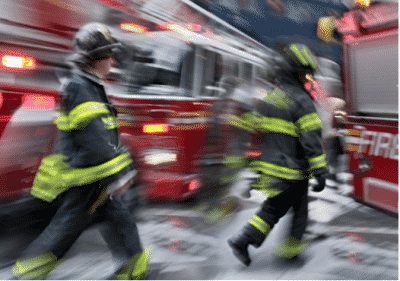Resilience is often thought of as the ability to bounce back from life’s adversities or to withstand loss or change. Given the high rate of occupational trauma, the inherent stress of the job and the toll on family life, we know that fire and EMS personnel are an incredibly resilient population.
However, during a pandemic, even the most seasoned crew members may begin to crumble under stress, while others seem to thrive. What makes someone resilient in the face of adversity, severe stress or trauma? Decades of research has identified several key protective factors that predict human resilience.
- Choosing to maintain an optimistic outlook
- Facing fear, rather than avoid it
- Seeking and accepting social support
- Creating meaning and opportunity from adversity
- Prioritizing physical fitness and strength
Other personal factors that researchers have found to predict human resilience include having a clear moral compass, relying on spirituality or a higher power, having defined role models in life and the ability to maintain flexible thinking (Southwick and Charney, 2018). To assess your current level of resilience, see the Brief Resilience Scale (BSI), an informal assessment tool designed to measure your ability to bounce back from stress.
Steps to Building Resilience During COVID-19
Another important aspect of resilience is the ability to accept what’s out of our control, while refocusing energy on what we can control. Beyond physically protecting yourself from virus spread, there are plenty of concrete actions you can take today to protect your emotional well-being and build resilience, both on and off the job. Consider these self-care strategies for you and other crew members:
- Hunt for something good. When communities are overwhelmed by widespread illness and economic stress, it’s easy to get weighed down. To keep things in perspective, force yourself to find something good each day. This could be noticing a crew member’s job well done, enjoying extra quality time with family or simply reflecting on the fact that you are healthy. Tell someone about the good.
- Limit exposure to news and social media. If you’re interested in reducing daily stress and creating a more optimistic outlook, limit the number of times per day you check the news or social media. The 24/7 media cycle is one of the biggest modern-day triggers for anxiety and rumination. It’s also completely within our control to turn it off.
- Use video chat to stay connected. It’s simple, but true. Social distance doesn’t mean social isolation. Find a way to stay connected to people in your normal routine who are supportive. Just a few minutes a day can go a long way to reduce feelings of isolation.
- Maintain personal boundaries. Although we remain physically separated, in many ways our world has never been more connected. In the age of social media, texting and video chats, we are constantly accessible. If constant connection leaves you feeling drained or stressed, give yourself permission to unplug on some days.
- Get moving. Strive for 20-30 minutes of physical activity every day. Whether it’s an app-based exercise or walking around your neighborhood while maintaining social distance, movement is absolutely essential. Exercise helps boost mood, improves concentration and strengthens the immune system.
- Find purpose in a challenge. Try looking at a problem at work or home from a different lens. For example, if your crew is completely overwhelmed, imagine how manageable the job will seem when call volumes stabilize. If your department is lacking good leadership, now is the time to let your leadership qualities shine. If cancelled social and sporting events have left you feeling restless, consider what neglected hobby you can reconnect to at home.
- Use telemental health services as needed. If you are struggling with behavioral health problems, such as depression, anxiety, PTSD or grief, seeking mental health services has never been easier or more private. Telemental health services are mental health services provided over the phone, a mobile app or an interactive website. Due to the COVID-19 outbreak, most commercial insurance plans now cover these services.
The IAFF Is Here for You
Visit the IAFF COVID-19 Toolkit for updated PPE guidelines, decontamination protocols and important information on:
- Emerging COVID-19 behavioral health issues for fire service personnel
- IAFF online recovery meetings for members in recovery from addiction
- Free telemental health services for U.S. fire/EMS personnel
The IAFF Center of Excellence for Behavioral Health Treatment and Recovery is for IAFF members struggling with addiction, PTSD and other co-occurring mental health problems. The Center remains open to serve IAFF members, while continuously adapting patient screening, contact precautions and isolation protocols as recommended by the Centers for Disease Control and Prevention (CDC).
Lauren Kosc, MA, LCPC, is a behavioral health specialist, licensed mental health clinician and blog writer for the International Association of Fire Fighters.






